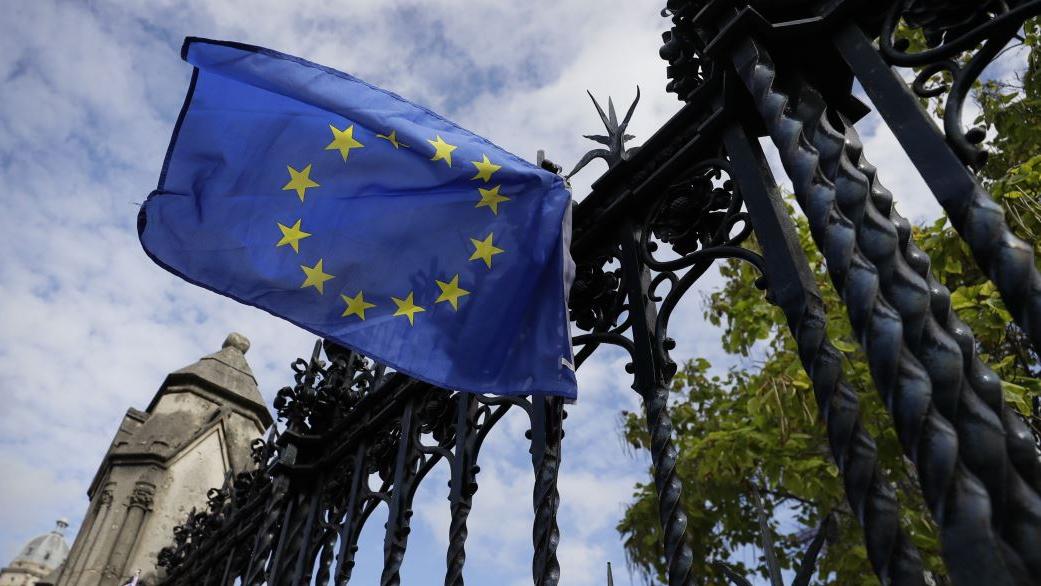Global growth drops to lowest level in a decade, IMF’s new chief says
The global economy is decaying amid uncertainties surrounding trade, Brexit and other geopolitical tensions, Kristalina Georgieva, the new chief of the International Monetary Fund, warned in a speech on Tuesday.
“We have spoken in the past about the dangers of trade disputes,” she said in her first speech since she was appointed to head the Washington-based organization. “Now, we see that they are actually taking a toll. Global trade growth has come to a near standstill.”
In the so-called “curtain-raiser” speech previewing the global outlook, Georgieva said the IMF now expects growth this year to fall to its lowest rate since the beginning of the decade. The global monetary body also anticipates a slowdown in nearly 90 percent of the world.
“There is a serious risk that services and consumption could soon be affected,” she said. “And the fractures are spreading.”
In total, she said, the cumulative effects of trade conflicts could mean a loss of $700 billion by 2020, or about 0.8 percent of the total GDP. That’s about the size of Switzerland's entire economy.
And because of historically low, or even negative interest rates, the IMF sees investors taking increased risks across the globe, creating even more financial vulnerabilities. If the slowdown evolves into a major downturn, corporate debt at risk of default would spike to $19 trillion, above levels seen during the financial crisis. That represents about 40 percent of the total debt in eight major economies.
“Monetary and financial policies cannot do the job alone,” she said. “Fiscal policy must play a central role.
| Ticker | Security | Last | Change | Change % |
|---|---|---|---|---|
| I:DJI | DOW JONES AVERAGES | 50115.67 | +1,206.95 | +2.47% |
| SP500 | S&P 500 | 6932.3 | +133.90 | +1.97% |
| I:COMP | NASDAQ COMPOSITE INDEX | 23031.213218 | +490.63 | +2.18% |
Georgieva's speech comes on the heels of a slew of bad economic data in the U.S. last week, including the worst manufacturing reading in 10 years, a signal that generally precedes recessions.
Despite that, Federal Reserve Chairman Jerome Powell maintained that, despite some long-term risks such as low inflation, the U.S. economy remains healthy.
"While not everyone fully shares economic opportunities and the economy faces some risks, overall it is -- as I like to say -- in a good place," Powell said. "Our job is to keep it there as long as possible."




















